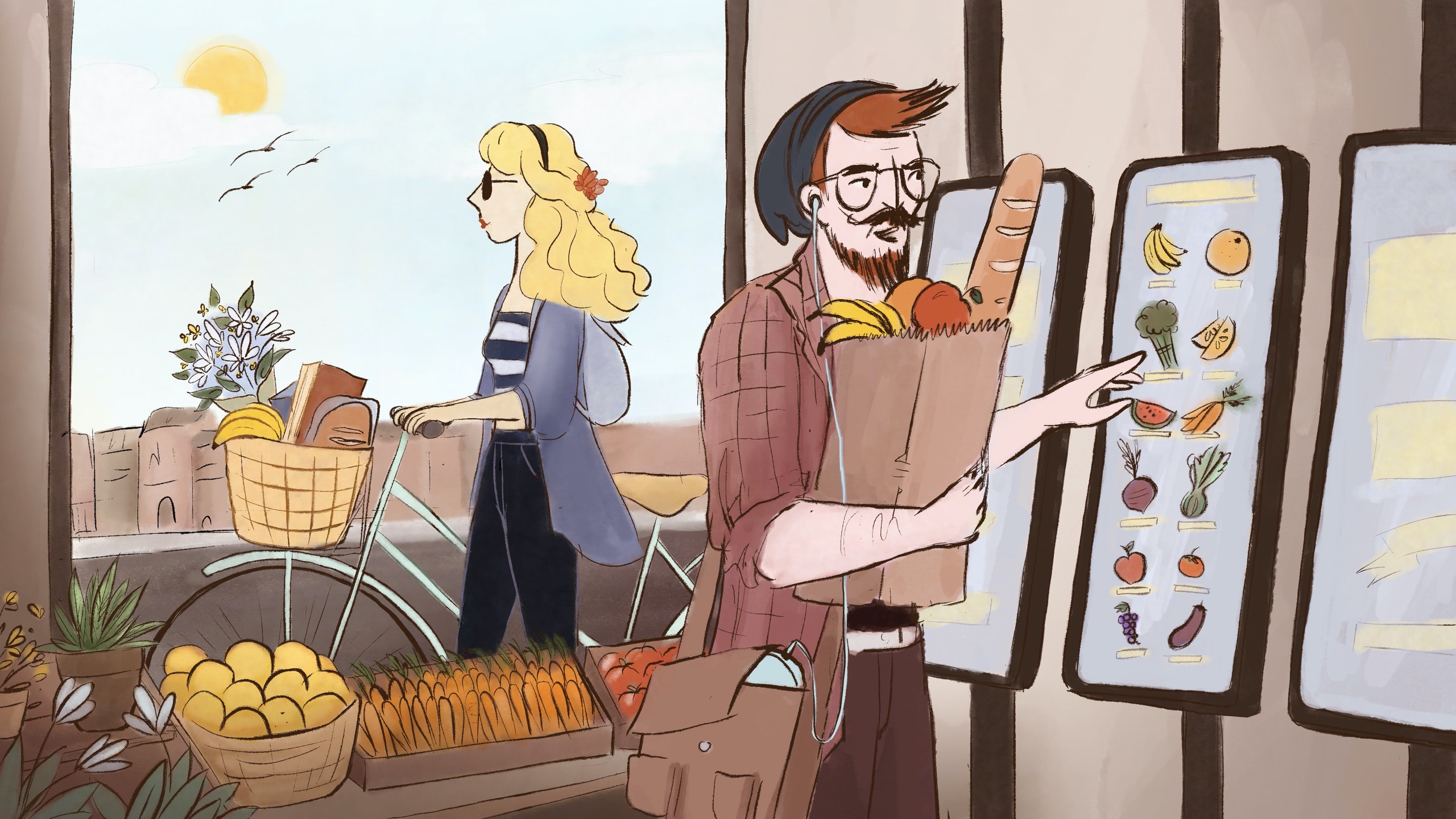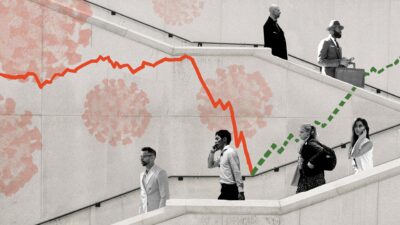
Grocery tourism, entertaining survival plans for your local store
Everyone eats. Grocery shopping will never vanish, but how we transact the action of buying food in store will evolve after the pandemic.
Since the pandemic started, the number of online grocery buyers grew by 30.0% globally. According to Australian Post’s 2020 eCommerce Industry Report, in April, 5.2 million Australians shopped online. Those sales ($2.7 billion), constitute 11.1% of all physical retail sales, compared with 7.1% in March 2019.
Future bricks and mortar grocery stores will be much more focused on experiences other than just the products. Consumers no longer choose a store based on their goods, rather they will be looking for a convenient and positive experience. A post-pandemic grocery store could be a place where consumers come to gain insights about their food and experience it in innovative ways. This means grocery stores will need to explore and offer events like cooking classes, farmed goods plantings, wine tastings, “package” your own goods; in-store pop-ups.
Google searches for ‘food delivery’ hit a record high in April
Worldwide, monthly relative search interest (100 = peak popularity for the given region and time).
The new T11 grocery store in Beijing, China offers a foretaste of the future of grocery shopping. T11 is created to seamlessly combine both online and offline experiences, making shopping in-store as smooth, convenient and memorable as possible. Goods are displayed under individual LED lights; an open bakery to watch bread baking behind glass windows; extensive range of wines that allows tastings as well as ratings and pairing recommendations. T11’s mission is to provide consumers with the highest quality products in a luxurious environment and to elevate an everyday store visit from routine to an ‘experience’.
In this new era of grocery shopping, stores can be experienced as destinations – places of food knowledge and learning.
This is part of a series of insights related to Coronavirus (COVID-19) and its impact on business.
Lucy is a student in the Master of Management (CEMS) programme at the University of Sydney Business School.
Share
We believe in open and honest access to knowledge. We use a Creative Commons Attribution NoDerivatives licence for our articles and podcasts, so you can republish them for free, online or in print.





